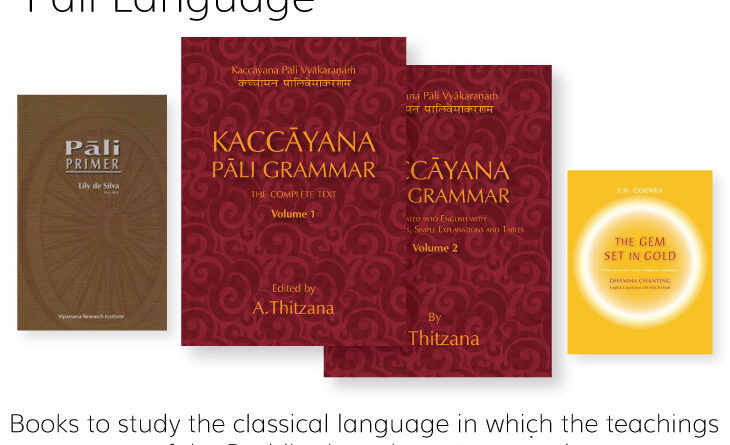Nội Dung Chính [Hiện]
Excerpt from S.N. Goenka’s Discourse
The first friend, in the language of those days was called saddhā. This means devotion, faith. Devotion, faith — a very important friend. One who does not have any faith, any devotion in whatever one is practicing, then how can one work properly?
The second important friend — viriya. Viriya means effort. Again, proper effort. If you don’t know how to make proper effort, you make effort in the wrong way and you don’t get the result. Proper effort — … know how to work, and then you work properly, with wisdom, understanding what the path is, understanding what the technique is. Yes, you will reach the final goal. Otherwise all your efforts will go to waste. Viriya.
And third important friend is sati — awareness, awareness. … awareness is always of the present moment. You can’t be aware of the past; you can only have a memory of this. You can’t be aware of the future; you can just be thinking of this, but you can’t be aware of it. Awareness should always be, and can always be, of the present moment, from moment to moment. Whatever you experience, you are aware of it. Whatever you experience, you are aware of it — aware at the surface level, and aware at the depth level. When you work with the sensations, you are aware at the depth level. When you are walking, you are aware of walking; when you are eating, you are aware of eating, but at the same time you are aware of your own sensations. If this awareness is missing, then it won’t take you to the final goal. You may be very well aware of your walking, walking, walking — you develop a wonderful faculty to remain alert about all your activities. But it won’t take you to the final goal of liberation, if you are missing your sensation.
And then samādhi — again, samādhi must be sammā-samādhi, the right type of samādhi. One’s understanding must be proper, of what samādhi is. Mere concentration does not work. Kusala cittassa ekaggatā: the concentration must be of a pure mind. That means the base must be free from ignorance. … Free from craving, free from aversion, free from imagination. The object that you are experiencing from moment to moment — your sati — from moment to moment, from moment to moment …
And the fifth friend: paññā, wisdom; upekkhā, equanimity. Very important. Again, if this paññā, this wisdom, is merely at the intellectual level, or merely whatever you have heard or whatever you have read — suta-mayā-paññā, or cintā-mayā-paññā — it doesn’t work. It must be bhāvanā-mayā- paññā. … You have to experience wisdom at the level of your sensations. Then it is real paññā. Wisdom at the level of sensations is your direct experience and equanimity, wisdom — this keeps you free from craving, free from aversion at the deepest level of the mind.
Vocabulary List
Pañca Indriyā
The Five Masteries
-
- pañca – five
- indriyā – mastery
- saddhā – devotion, faith
- viriya – effort
- sati – awareness
- samādhi – concentration
- paññā – wisdom

